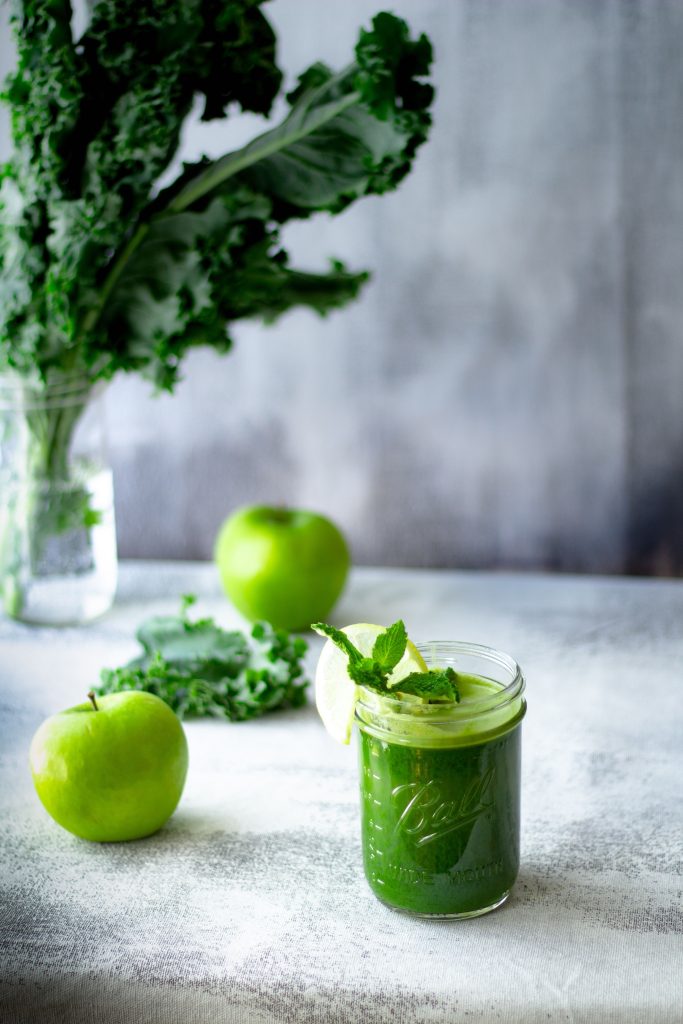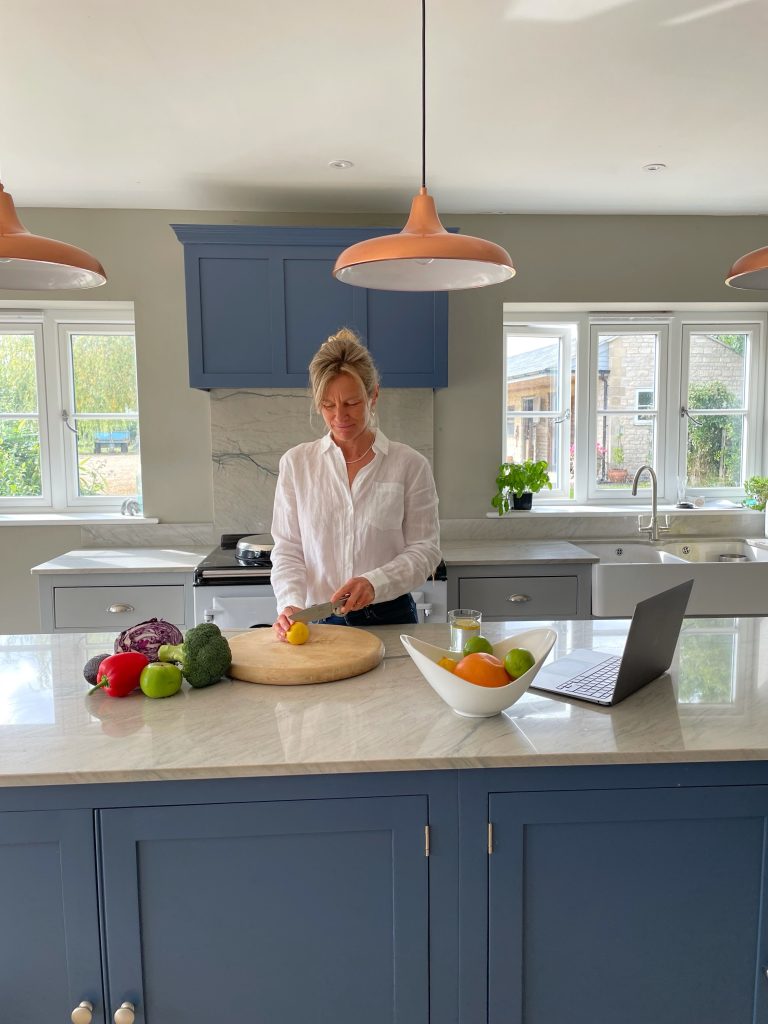Love your guts!
24th October 2022
Naturopathic nutritionist Louise Cunliffe, who works at The Broad Street Practice in Stamford, is particularly interested in gut health. Here, she explains here why good gut health is key to general well being

There are between 500 and 1,000 different bacteria species in your gut, right now – which equates to roughly 100,000 trillion micro-organisms! Some of these bacteria are your commensal (friendly) bacteria, while some are unwanted – undesirables such as pathogens, opportunist bacteria, environmental bacteria from your food, drink, viruses, etc.
There is a constant battle and a continuous process happening in your guts. Just to clarify… when I say guts, I mean both the small and large intestines. Let’s just focus on the ileum (this is the last part of the small intestines, where the nutrients are filtered out of the food that you eat); this absorption is complex and very dynamic, depending on multiple factors such as the types of food you have eaten and the range of bacteria residing in your gut. These factors then influence the efficiency and behaviour of the absorption. This, in turn, will affect your mood, energy, strength and immune system.
If your bacterial ‘microbiome’ – the balance of friendly and opportunist bacteria – is in favour of the opportunistic bacteria, then a battle in your guts will happen. This will be won by the strongest party, so in order to win that battle and help your friendly bacteria, you need to feed your foot soldiers (never go into battle on an empty stomach) and bring in reinforcements. This comes in the form of a probiotic.

With all that in mind, you might well ask: ‘How can I make my guts win the war and feed my friendly bacteria?’ The most comprehensive answer to that question is to have a stool test done by a microbiome lab to see which bacteria are thriving and which need a helping hand. This is something that I do in my practice. After the stool test results come back from the laboratory, I discuss with my clients how we can improve their microbiome status. We can alleviate their symptoms, which can range from constipation and IBS (irritable bowel sydrome) to headaches, tiredness, brain fog, abdominal bloating and food intolerances, by individually adding targeted bacteria – in the form of pre- and probiotics.
On a more general note, all friendly bacteria feed on plant material, so regardless of which of the 500–1,000 varieties of bacteria you may or may not have residing in your guts, do try to eat more vegetables and fruit (keeping the skins on), as this will allow your lovely friendly bacteria to thrive and proliferate. When you have a healthy gut, you are much more able to fight off unfriendly pathogens and viruses. Love your guts because a well-fed army of bacteria (a healthy microbiome) is waiting to defend your body.
Finally, I am sure you want to know what to avoid. You know the answer already: sugar. Pathogenic and undesirable bacteria that live in your guts feed on sugar and ferment the food that you eat, causing bloating and wind. So next time you fancy eating a piece of cake, ask yourself : ‘Do I really want to eat that sugar-laden food that will feed the undesirable bacteria in my guts?’ As a nutritionist, I can an offer you many tasty alternatives to that piece of cake. Battle won.
FIND OUT MORE
Louise Cunliffe is at The Broad Street Practice in Stamford on Tuesdays and Thursdays.
The Broad Street Practice, 20–21 Broad Street, Stamford PE9 1PG
01780 480889



